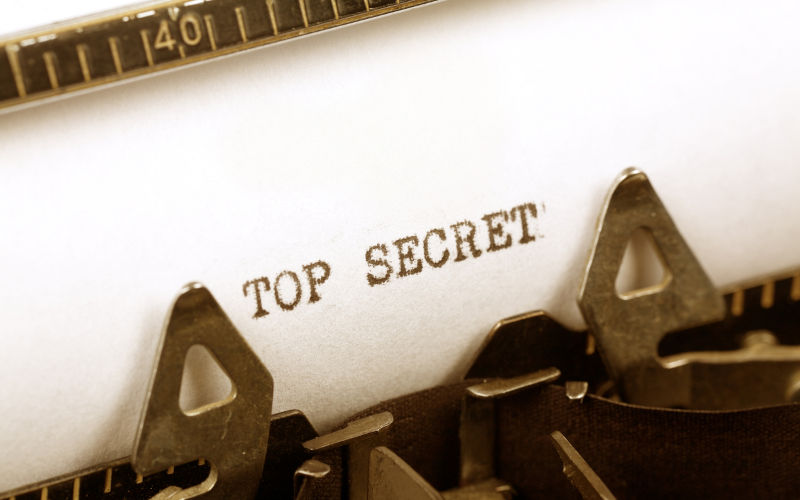What our media dont tell us: Has the D-Notice returned?
March 3, 2023
Many Australians have turned to non-mainstream sources of news. They are often more reliable, and cheaper. Without them, the Nordstream pipeline sabotage of September 2022 would still be unexplained.
Even before Pearls & Irritations timely publication of Seymour Hershs (literally) explosive expose of the Biden administrations long-planned operation to prevent Russian gas reaching Germany, online readers were exchanging views about it.
Why, some wanted to know, had major newspapers and tv channels not revealed this before? And why, as days and weeks followed, they are still asking, have the big media still not carried Hershs story or at least fact-checked it?
To do that, mainstream journalists would have to ask their best contacts in military and government. Such people, apart from Hershs sources, would have been under notice for months not to breathe a word about the planned sabotage. That prohibition apparently worked in the US, UK, Sweden, Norway, and Denmark.
Questions flew on social media but were not raised, let alone answered, in the august journals of record, print or electronic. Why not?
Constitutional guarantees of free speech are greater, and defamation laws looser in the US than we in Australia dream of, and our security laws are tighter. But what is holding back investigative journalists elsewhere from revealing what went on in the Baltic Sea, and why US Navy divers did it?
Has the US Administration secretly sealed a national security non-disclosure deal with the big media publishers? In exchange for what?
In the UK since 1912 and in Australia from 1952, such deals were struck to safeguard sensitive government information on the grounds of publication being a threat to national security. Called D-notices, their existence was secret in Australia until Nation revealed it in 1967. In 1992 they were replaced by Defence Advisory notices. Only the UK and Australia had them.
Australia’s first eight D-notices covered British atomic tests, naval shipbuilding, official ciphering, and aspects of deployment of military weapons across all three services. The committees list was compressed to four in 1974 but it added the whereabouts of Vladimir and Evdokia Petrov. A further revision in 1977 acknowledged the already known existence of ASIS.
In 1982 the committee, an all-Defence affair, plus 16 media representatives, met for the last time, still listing the Petrovs, but adding reports on ASIS, ADF capabilities, Sigint and communications security to the Defence Advisory list.
In the suite of security laws following 2001, the Abbott government got its National Security Legislation Amendment Bill (no.1) through the Parliament in 2014. It was no longer concerned with keeping the media in the governments confidence, but with expanding the powers of ASIO, including its powers to search and invigilate journalists.
In the UK, however, the Defence Advisory system continued, and was replaced in 2015 by the Defence Security Media Advisory (DSMA) committee, whatever difference that made. It was still in use two years later when British journalists were sent a DSMA notice warning them off revealing that Christopher Steele was the author of the dossier alleging collusion between Donald Trump and Russia during the 2016 election. The US media published his name anyway, and so did several British outlets.
Two more DSMA were issued in March 2018, evidently to protect M16 again, after Sergei Skripal and his daughter were poisoned in Salisbury. Steele had been with MI6 in Moscow and Pablo Miller in Tallinn. Miller had recruited Skripal as a double agent, and they were neighbours in Salisbury after Skripal was released to the UK in a spy swap. Miller may have been Skripals minder. By then, both Steele and Miller worked for Orbis Business Intelligence which complied the dossier. Some suggested Skripal was a source, and hence a person to be eliminated.
As a result of the DSMA, suspicion persists that the whole truth has not been told about Skripal or Dawn Sturgess, who died in July after supposedly being similarly poisoned. As a government-controlled inquiry labours on, the establishment media have left it to independent observers like former British Ambassador Craig Murray and local blogger Rob Slane to seek the answers.
If Australia has replaced D-notices with something else, its existence is a secret between its government and selected media members. Its operations to protect national security that means, often, our allies secrets would certainly explain why the establishment media in Australia, and those the US and UK, dont see it as in the national interest for the public to be better informed about Nordstream.

